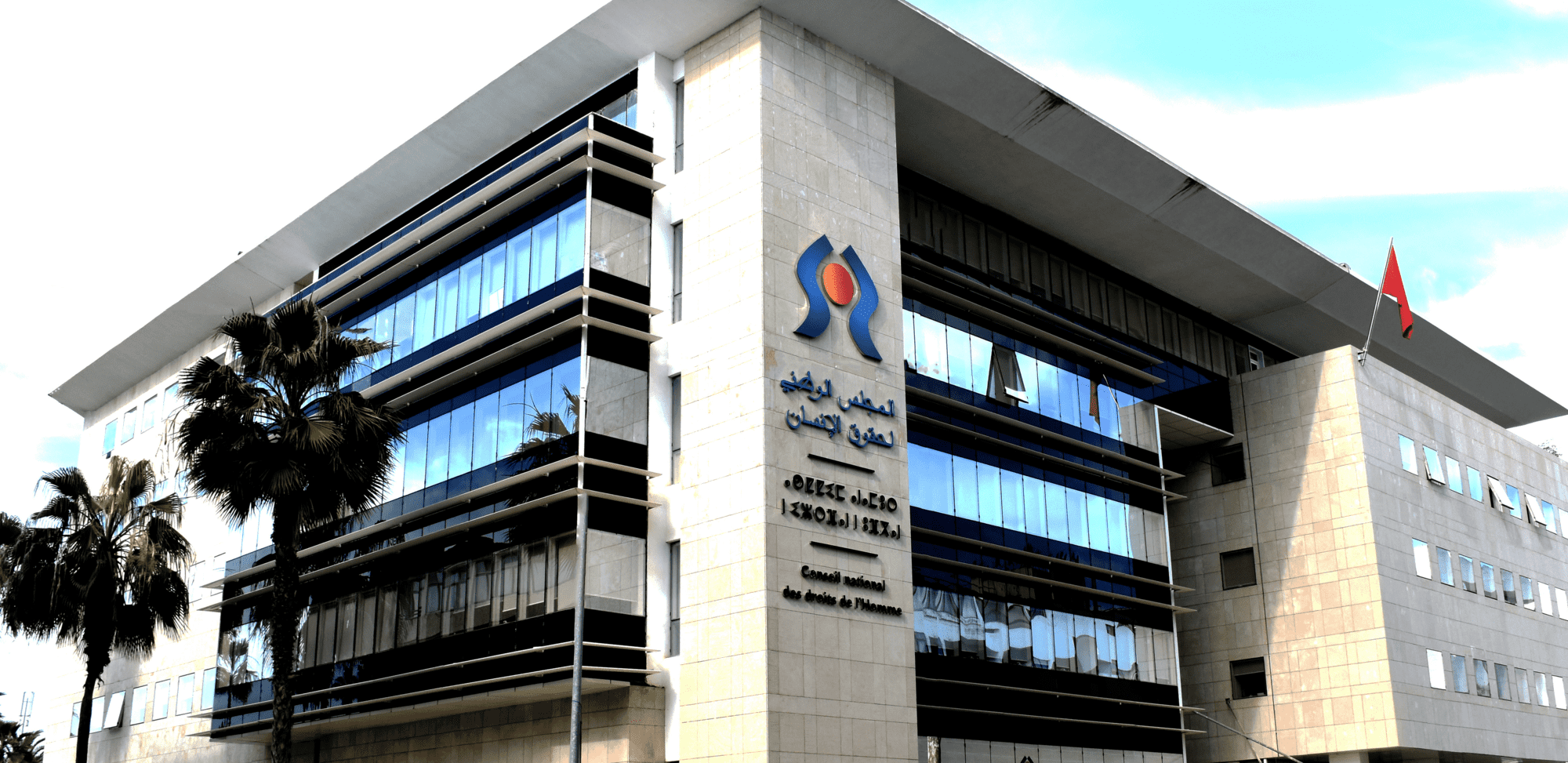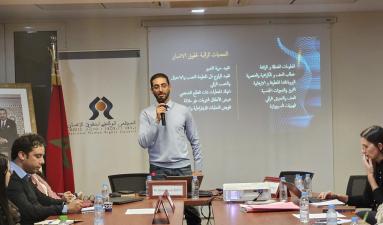Technological advances and artificial intelligence offer new avenues for exercising rights and enhancing citizen participation. However, alongside promising opportunities, these developments pose ethical issues and risks to human rights, relating to privacy violations, misuse of personal data and the spread of fake news.
Recognizing the intersection of the human rights system and the digital space, the National Human Rights Council (CNDH) has prioritized this area in its work and reports, calling for a public debate on the protection of human rights in the field of technology. In its reports, the CNDH emphasizes the need to align technology with human rights values, adopting relevant international conventions, setting up a national digital strategy based on human rights principles and integrating a human rights approach in legal regulations. It also highlights the importance of considering human rights protection in the design of applications and algorithms related to artificial intelligence (AI).
To address the human rights challenges arising from the rapid pace of technological progress, the CNDH launched extensive consultations with experts and stakeholders starting in late 2019. This included a national consultation forum in 2021 aimed at developing collective responses to these challenges. The CNDH synthesized the conclusions from these engagements and released a thematic report in 2022 to implement its strategy in this area. The report delved into the ethics of artificial intelligence and presented findings from monitoring human rights in the digital world.
In 2020, the CNDH launched the interactive platform TaabiratRaqmya.ma, focusing on freedom of opinion and expression in the digital space. This initiative aimed to facilitate ongoing dialogue on human rights issues. It sought to contribute to public discussions on addressing challenges related to exercising new forms of freedom in the digital realm, including opinion, expression, practice and collective thinking. The platform also aimed to draw inspiration from experiences and best practices, ultimately contributing to the formulation of a national charter of ethics for the use of digital space in the public sphere.
In the same perspective, the CNDH organized an international symposium in 2021 addressing emerging international standards in AI and digital citizenship. This effort led to the adoption of the Rabat Declaration, promoting ethical AI that respects human rights. A scientific committee was subsequently established to implement its recommendations.
Regarding the intersection of technological progress with media practice, the CNDH emphasized, in a 2021 advisory opinion on Draft Law No. 71-17, the need to adapt to the transformations brought by modern technologies in communication and social media, which have become vital for exercising media freedom.
In an evident translation of its commitment to addressing technology's challenges on human rights, CNDH established a Technology, AI and Human Rights Department in 2023. This initiative aims to monitor the impact of technology use in Morocco, staying vigilant against potential rights violations and striking a balance between technological progress and the protection and promotion of human rights.
















